Зарегистрируйтесь на getAbstract, чтобы получить доступ к этому краткому изложению.

Зарегистрируйтесь на getAbstract, чтобы получить доступ к этому краткому изложению.
Elaine C. Kamarck and Ashley Gabriele
The News Today
7 Trends in Old and New Media
Brookings Institution, 2015
Что внутри?
Digitization – social media, paywalls, comment sections and blogs – has changed the face of news consumption.
Recommendation
Digitization has drastically altered the way people access and consume the news. Brookings Institution researchers Elaine C. Karmack and Ashley Gabriele have compiled an insightful list of the “top seven trends in old and new media.” While many people are already aware of the trends, getAbstract finds that the authors’ collected data and thought-provoking questions make this listicle worth the read for digital content providers, newspaper shareholders, journalists and millennials interested in the evolution of news coverage.
Summary
About the Authors
Elaine C. Kamarck is a senior fellow in the Governance Studies program at the Brookings Institution. Ashley Gabriele is a senior research assistant in the Center for Effective Public Management at the Brookings Institution.









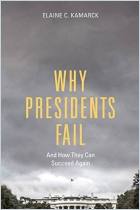
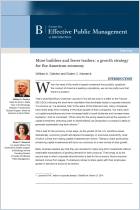
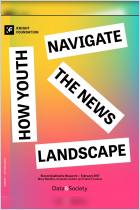
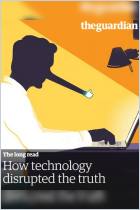


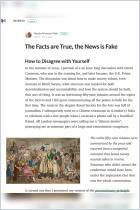





Comment on this summary